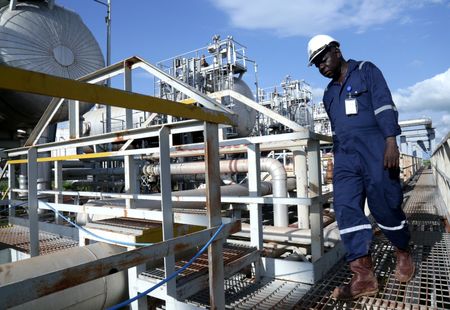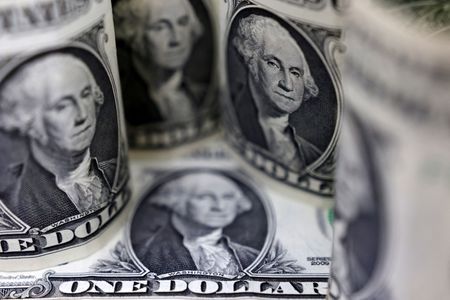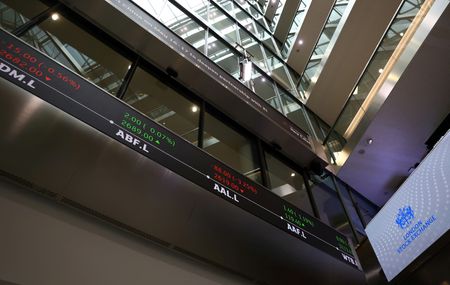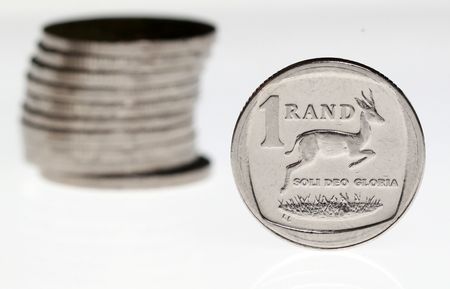By Tarek Amara
TUNIS (Reuters) -Tunisia’s budget deficit will expand to 9.7% of GDP this year, compared to a previously expected 6.7%, due to the stronger dollar and sharp increase in grain and energy prices, the central bank governor said on Friday.
Marouan Abassi added at an economic conference in Sfax that Tunisia needs additional funding for the budget of 5 billion dinars ($1.6 billion) this year due to the effects of the war in Ukraine.
This will raise financing needs this year to 25 billion dinars, increasing pressures on the public finances of the country, which is in the grip of economic and political crises.
Trying to avoid a full financial collapse, Tunisia started talks with the IMF to seek a loan of up to 4 billion dollars in exchange for unpopular reforms, including spending cuts, wage freezes and cuts subsidies.
“A deal with the International Monetary Fund becomes imperative,” Abassi said.
The powerful UGTT union rejected these reforms and threatened to go on national strike at public service and state firms. It said the package threatens a social explosion in light of a terrible decline in purchasing power and high inflation.
The central bank this week raised its key interest rate by 75 basis points to 7% to combat inflation, marking the first hike since 2019.
Inflation rose to 7.5% in April, from 7.2% in March and 7% in February.
Abassi said the current account deficit is expected to widen to around 10% of GDP in 2022, against 6.8% initially forecast, and the dinar has marked a depreciation of 7% against the dollar.
Tunisia is also facing its worst political crisis since the 2011 revolution that brought democracy, after President Kais Saied seized power last year, dismissed parliament and started ruling by decree, in a move opponents called a coup.
(Reporting By Tarek Amara; Editing by Toby Chopra)









